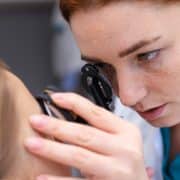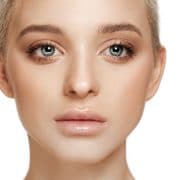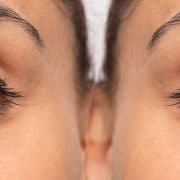Do You Need Better Eye Hygiene? How to Tell
Eye hygiene is not always something that people think about daily, mainly if they’re used to getting lectures about how to wash their hands or purify their air. While these measures are essential, as any eye doctor in St. Marys, GA can tell you, you may need to focus more specifically on your eyes to avoid everything from general infections to more specific vision disorders.
Tips for Better Eye Hygiene
Here are the most common tips for better daily eye hygiene:
- Remove all debris: This includes makeup, grit, or any external buildup. Compresses, makeup wipes, and coconut oil can all work to get out even the most stubborn of residue. If you notice any puffiness, a cool compress for a few minutes can reduce irritation.
- Attack germs: Whether on your hands or your contacts, germs can land where you don’t want them to. In addition to washing your hands with soap and water for at least 20 seconds, you should clean your contacts with fresh solution and replace your storage case every 3 to 6 months.
- Wear your sunglasses: While natural light is essential to your visual health, you’ll need to balance that against the sun’s harmful rays. Sunglasses can also help you protect the vulnerable skin that’s right around the eyes, reducing the odds of skin cancer.
- Mix up your lifestyle: Whether you start eating more carrots, lower your blood pressure, or stop smoking, all of these measures can help you improve the strength and resiliency of your eyes.
Schedule Your Eye Exam in St. Marys, GA
Home eye hygiene is a meaningful way to protect your vision and keep your eyes healthy. In fact, specific measures, such as keeping your contacts clean, may be able to prevent your vision from getting any worse. However, even the most conscientious people will still need to see their doctors from time to time.
If you’re concerned about your visual health, the best thing that you can do is get an eye exam in St. Marys every year. The right eye doctor can catch issues early, treating them before they have the chance to turn into bigger issues. If you’re looking for a qualified team to work with, contact the staff at Vision Source Family Eye Care today!










